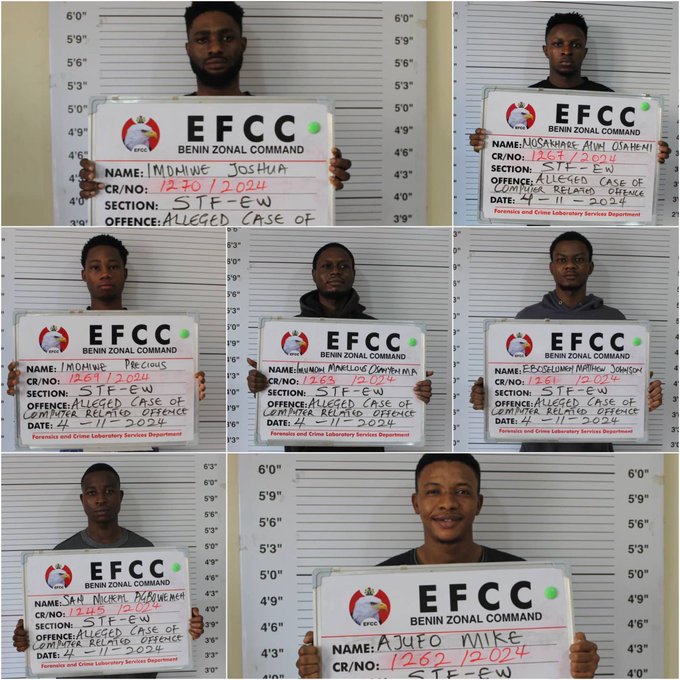A Federal High Court sitting in Abuja has dismissed a suit filed by the Senate President, Dr Bukola Saraki, and two other senators against the Inspector General of Police.
Senator Saraki, alongside Senator Ben Murray-Bruce and Senator Dino Melaye, had accused the police of alleged harassment during a protest in October 2018.
The lawmakers and some chieftains of the Peoples Democratic Party (PDP) had staged a protest to the headquarters of the Independent National Electoral Commission (INEC) in Abuja, demanding free and fair conduct of the 2019 general elections.
Their next port of call was the Police Headquarters, but the protesters were stopped along the way and dispersed by security operatives.
The police had invited the three senators involved in the protest, for a chat afterwards but they did not honour the invitation.
The senators, however, filed a fundamental human rights enforcement suit before the Federal High Court.
They sought a court order declaring their invitation by the police as illegal, unconstitutional, and a gross violation of their rights, as guaranteed by Sections 34 and 35 of the Constitution, as well as Article 11 of the African Charter on Peoples’ and Human Rights.
The lawmakers also prayed the court to direct payment of N5 million to them by the respondent as exemplary damages arising from their humiliation, intimidation, and harassment, as well as the unlawful attempt to arrest them.
Delivering his judgment on Thursday, Justice Okon Abang held that the suit lacked merit, as the applicants ought to have filed separate suits.
He added that none of them personally deposed to affidavits in support of their application.
The judge held that when an applicant was in custody, a person who has personal knowledge of the facts or has been informed can depose to an affidavit.
He also stated that where a crime was alleged to have been committed, the police have a duty to invite such persons.
The judge, therefore, ordered that the police’s invitation extended to the applicants on October 6 and 8, 2018 remained valid.
Source Channel Television













